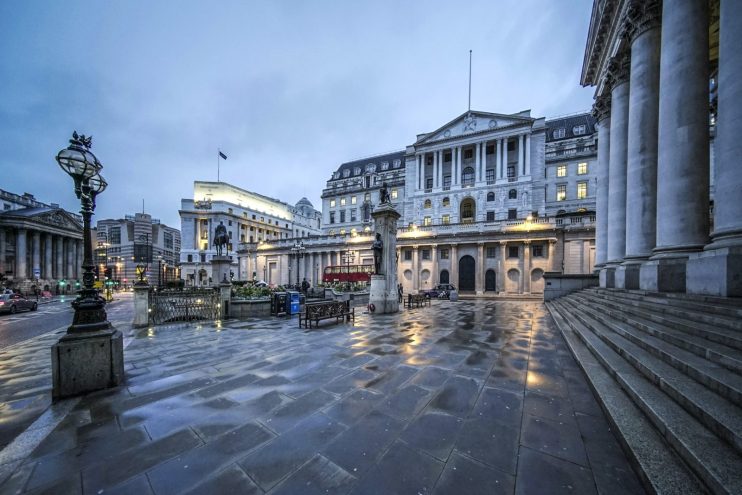Cream of central banking crop have underestimated inflation crunch, experts warn

The world’s top central banks have underestimated the stickiness of inflation spreading throughout rich economies, prompting them to launch a quicker than expected rate hike cycle this year.
Measures used to quantify the severity of underlying inflation pressures will stay high even by the end of the year in most rich countries, according to fresh analysis by Wall Street giant Goldman Sachs.
The cream of the globe’s central banking crop will rapidly pivot policy from nursing economies through the Covid-19 crisis to stamping out rampant price rises.
“Inflationary pressures have significantly firmed… This is clearest in the UK and the US,” analysts at Goldman warned.
The Bank of England will lift rates at least four times this year, while across the pond, the US Federal Reserve will hike borrowing costs five times in 2022.
Measures of core inflation, which strip out volatile food and energy costs and are favoured by central banks as a measure of the cost of living, will stay above the Bank and the Fed’s target even by the final months of this year.
Britain is expected to register a core inflation print of 3.5 per cent in the fourth quarter of 2022, while the US will record a 3.3 per cent rate.
The Bank has a mandate to keep inflation at two per cent, as does the Fed, but over a longer time period.
Other experts are pencilling in an even quicker pulling of policy support by the Fed. Bank of America have priced in as many as seven rate hikes this year from the world’s most influential central bank.
Goldman’s new study suggests central banks have underestimated the stickiness of inflation, a concern repeated by Seth Carpenter, global chief economist at Morgan Stanley, another bank.
Policymakers have argued the current bout of inflation sweeping across the rich world has been driven by one-off factors related to the pandemic, such as supply chain snarl ups, which should unwind soon.
However, Carpenter argues if around one third of price rises are temporary, then inflation will still remain elevated, meaning the Fed will have to engineer a sharp rise in unemployment to bring it down.
“If the bulk of current inflation is cyclical,” he said, then Fed Chair Jerome Powell will have to choose between “a recession or years of high inflation”.